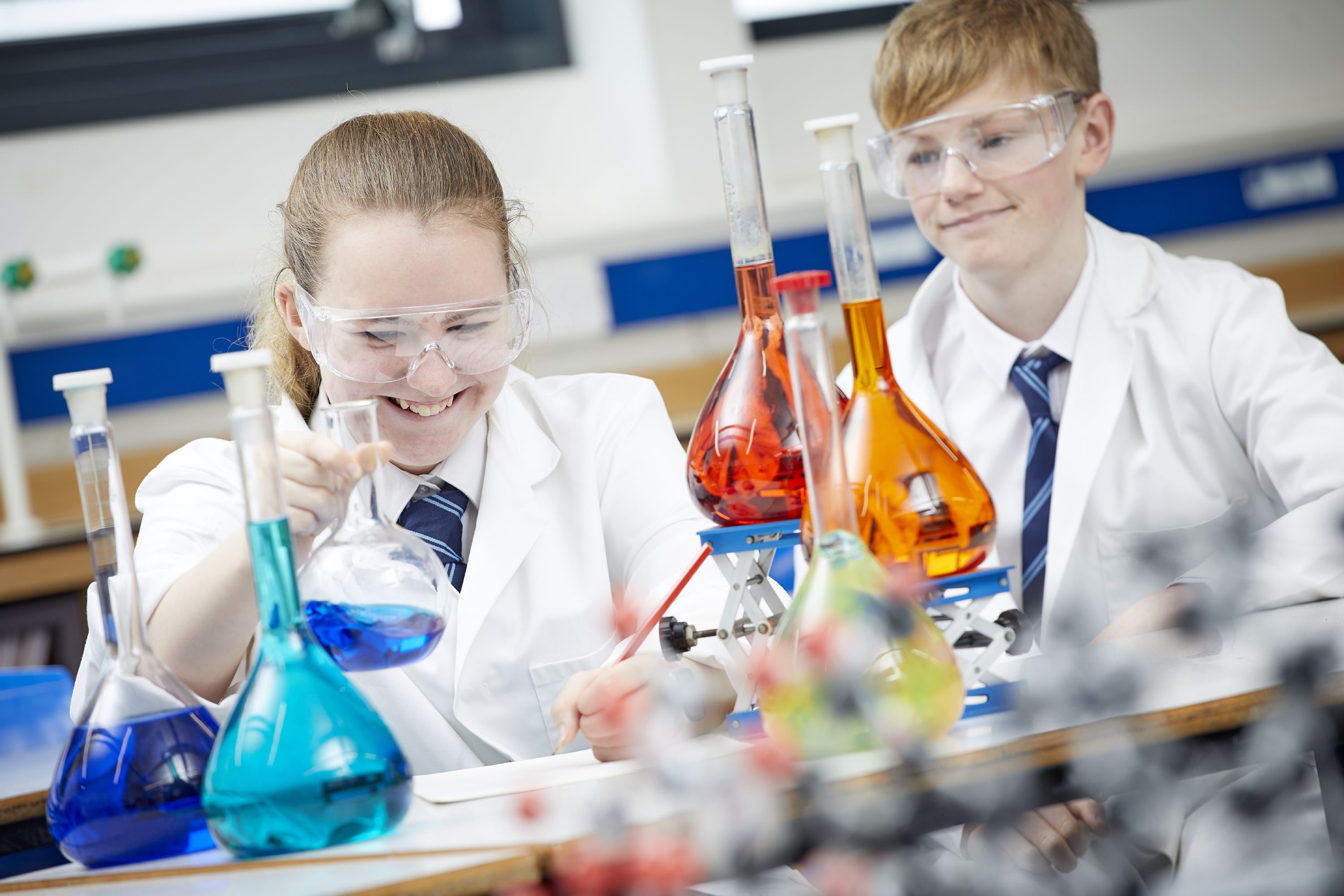Teaching and Learning
At our school, teaching and learning are designed to support students in achieving their full potential through a well-structured and sequenced curriculum. Subject curriculum mapping ensures that content is delivered progressively across each half-term, building on prior knowledge and supporting long-term retention. This approach allows subject specialists to collaborate effectively, ensuring that the curriculum meets statutory requirements, including the National Curriculum and the 2024 Relationship and Sex Education (RSE) guidelines.
Our ambitious curriculum end points are underpinned by a structured approach to learning that moves from guided practice to independent application. Through high-quality modelling and scaffolding, teachers provide learners with the knowledge and skills they need to succeed. Guided practice ensures that misconceptions are addressed in a supportive environment, building confidence and deepening understanding. As learners gain proficiency, they transition to independent practice, using their purple pen to practice, refine, and extend their thinking. This deliberate process not only consolidates learning but also fosters aspiration, encouraging students to take ownership of their progress and strive for excellence.
We also follow Rosenshine’s Principles of Instruction, which emphasise the importance of reviewing prior learning, using questioning to check understanding, scaffolding new concepts, and providing both guided and independent practice. These practices are key to developing a secure, long-term understanding of each subject. This underpins the Trust-wide Teaching and Learning framework, which is designed to support learners to develop their knowledge and understanding.
In addition, our use of low-stakes assessment helps monitor student progress on a regular basis, providing valuable feedback to inform next steps in teaching and learning. This approach ensures that learning is continuously evolving and that students receive the support they need to succeed.




